17 Jun How to Write a Sales or Commercial Job Spec That Attracts the Right People
Most job specifications in sales and commercial hiring fail before they are even published. They are too vague, too inflated, or too recycled. If you want to hire serious people who will deliver real commercial outcomes, the job spec needs to reflect that. This guide is written for hiring managers and founders who want to move beyond the generic template and write something that brings the right people into the conversation.
1. Begin with a clear objective
A strong job specification starts with the purpose of the role. Avoid listing tasks or background requirements first. Ask yourself what this person will be accountable for in the first twelve months.
For example:
- Launch and close our first strategic accounts in the UK
- Take ownership of the mid-market go-to-market approach across EMEA
- Build a repeatable pipeline model and hand it over to a growing team
This kind of framing attracts commercially minded professionals who care about business outcomes, not just job titles.
2. Describe how the work gets done
It is not enough to say the role is “full cycle” or “player-coach.” These phrases have become meaningless. Focus on describing how things work in your business today.
Include detail such as:
- What kind of clients or deals are typical
- How leads are generated and qualified
- What kind of internal support is available
- Who the role reports to and works closely with
This kind of context helps candidates assess their fit without guesswork.
3. Avoid vague or inflated language
Adjectives like “dynamic,” “disruptive,” or “fast-paced” tell candidates very little. Instead, write in plain, specific language that explains the reality of the role.
For example:
We are building structure around what has worked informally. You will help formalise how we sell, who we sell to, and how we report on progress.
Or:
You will need to be comfortable running your own outreach, while collaborating with product and marketing to improve the messaging and targeting.
Clear language shows that the business has thought carefully about what it needs.
4. Be upfront about challenges
If your product is strong but your brand is unknown, say so. If internal processes are still being built, be honest. The right candidates will value the clarity.
Example:
We have strong retention but low market visibility. The challenge is to open doors where we are not yet known, using the credibility of our early clients and case studies.
People who thrive in early-stage environments expect complexity. They do not need a polished message. They need a real one.
5. Talk about progression without creating false expectations
It is tempting to promise leadership or growth opportunities. Be careful. If you cannot explain what progression looks like, do not suggest it.
Instead, write something like:
There is potential to step into formal leadership as the team grows, but this role starts with personal ownership and direct execution. We value people who build before they manage.
This signals ambition without making commitments you cannot deliver on.
6. Share the hiring process
Let people know what to expect. This builds trust and helps people prepare.
For example:
You will have an initial call with the hiring manager, followed by a working session, and a final conversation with a founder or senior leader. We aim to complete the process within three weeks.
Serious candidates want to know that your process is well run.
7. Ask someone outside your company to review it
Before you publish, ask a friend or colleague who is not involved in the hiring to read it. Ask them one question: Would you take the call?
At Fortuna, we often do this for our clients. A second opinion often reveals where the spec is unclear or where the message doesn’t land.
8. Don’t Confuse the Job Spec with the Job Advert
This is one of the most common mistakes we see. A job specification and a job advert are not the same thing. Using one in place of the other is often the reason why hiring conversations fail to progress.
The job specification is an internal document. It sets out the actual requirements of the role, the outcomes expected, and how the role fits into the business. It is detailed, often quite dry, and focused on clarity.
The job advert is the external message. It is written to attract attention, build interest, and encourage the right people to apply. It should be based on the same substance, but it uses more natural, engaging language. A good advert creates interest. A good specification supports a decision.
Publishing an internal spec as an external advert usually results in silence. Writing only the advert without a real spec often leads to the wrong hire.
You need both. Treat each one as a separate and essential tool.
Final thought
A strong job specification reflects the culture and clarity of the business that writes it. If the job matters, the language should too. Writing a thoughtful, structured, and honest spec is not just about attracting better people. It is about making a better decision before you even start interviewing.
How Fortuna Can Help
If you’re not sure whether your current job specification is doing its job, we can help. We review specs for clarity, structure, and relevance, and we work with you to build versions that reflect what your business actually needs. These are not just words on a page, but a tool to make better hiring decisions.
For clients we partner with, we also create custom-branded candidate packs. These are built directly from your job specification and highlight the role, your business, and the opportunity in a clear and compelling way. They help candidates understand the bigger picture and improve the quality of early conversations.
If you’re hiring for a sales or commercial role and want to get it right from the start, speak to us. We’ll help you define the role properly and communicate it clearly.



